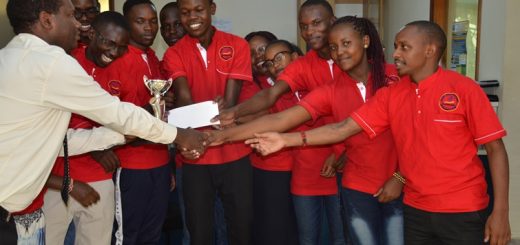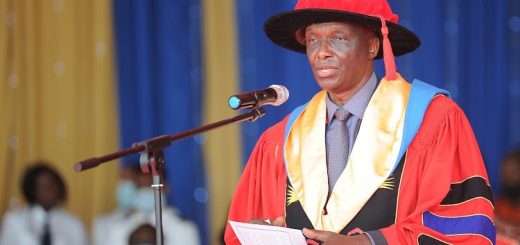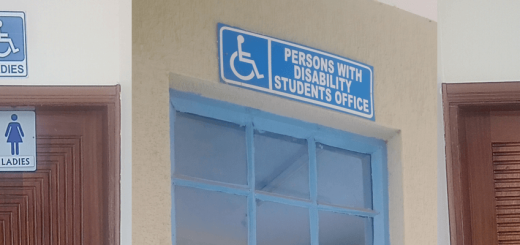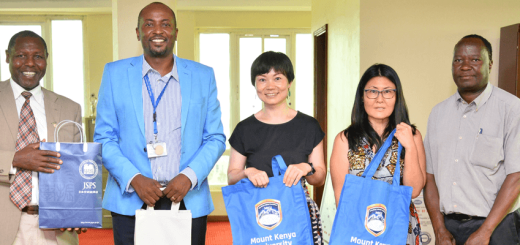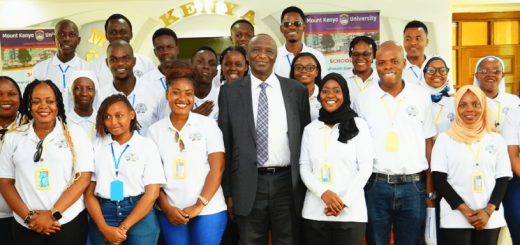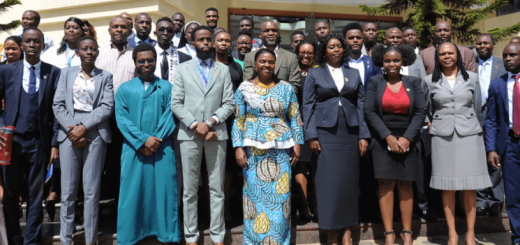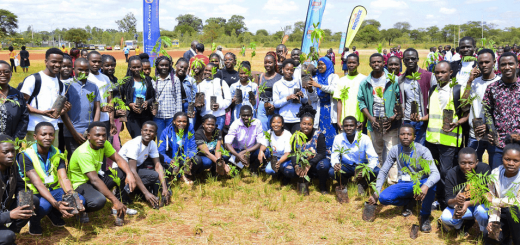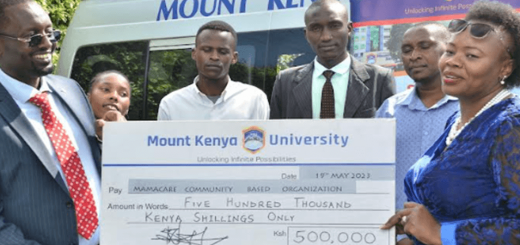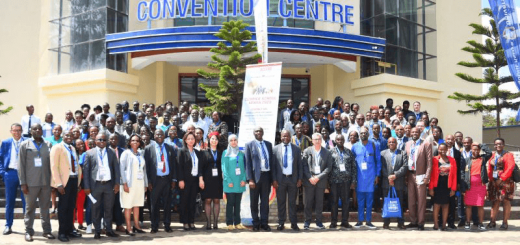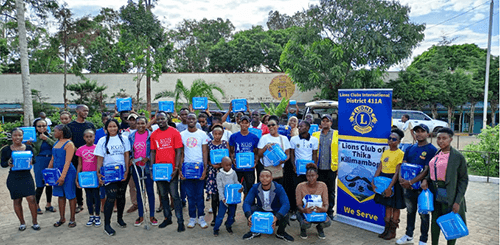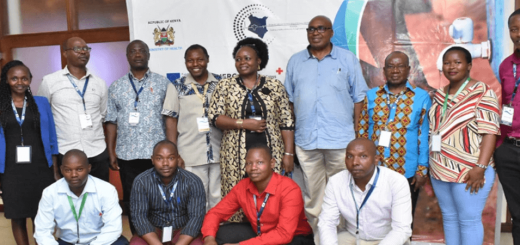MKU marks World Day of Social Justice
As the global community marks the World Day of Social Justice (Social Justice Equality Day), three organizations have identified a way of contributing towards the restoration of the human dignity within the local community of Murang’a Catholic Diocese (which covers Murang’a and Kirinyaga Counties) through control of drugs and substances abuse. The World Day of Social Justice (and also referred to the Social Justice Equality Day), is an international day during which the entire world should reflect on the need to promote social justice, which includes efforts to tackle issues such as poverty, exclusion, gender inequality, unemployment, human rights, social protection, and other forms of social / human degradation including a target on drugs and substances addicted / abusing persons. “Many organizations, including the UN, American Library Association (ALA), and the International Labour Organization, make statements on the importance of social justice for people. Many organizations also present plans for greater social justice by tackling poverty, social and economic exclusion and unemployment. The United Nations General Assembly has decided to observe 20 February annually, approved on 26 November 2007 and starting in 2009, as the World Day of Social Justice’’ (Wikipedia).
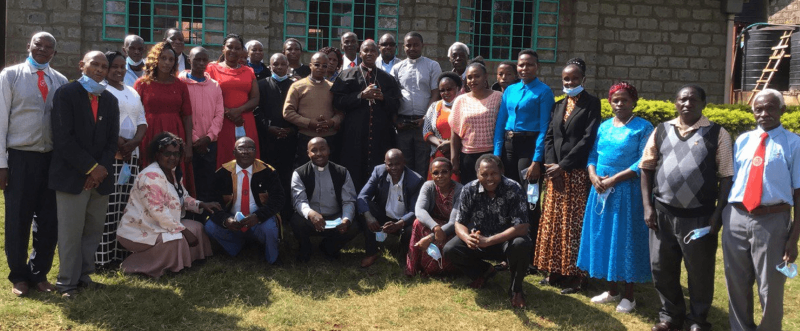
For over the last six years, the Catholic Diocese of Murang’a (CDM) Bishop, His Lordship James Maria Wainaina, has been desiring to establish a community-based intervention strategy of tackling the run-away alcohol, drugs and substances abuse within the Kenyan Community at large. With the valuable support of the National Authority for the Campaign Against Alcohol and Drug Abuse (NACADA) Central Regional, the CDM has managed to have a team of 35 persons trained as community – based workers as an intervention in alcohol / drugs and substances abuse. The training took place in March 2021, and after one year of induction into the job, the team has now fully taken charge. The CDM Bishop will soon be launching this community-based team of drugs abuse intervention workers under the name of the Good Samaritan Movement. According to the Good Samaritan Movement founding Bishop, His Lordship James Wainaina, as many persons in all the communities need to adopt the biblical Good Samaritan attitude towards the broad issue of drugs and substances abuse in the Kenyan Communities. If we all adopted this attitude of intervention, the country would go a long way towards reduction or total control of drugs and substances abuse and hence restore human dignity. The Good Samaritan Movement will work towards enhancing equity, social justice and reduced inequalities through interventions on the matters of drugs/ alcohol and substances abuse in schools, colleges as well as in the communities at large. A proposal has been developed to sign a tripartite partnership agreement amongst the CDM, MKU and NACADA, as a consortium, to work together in promoting the Good Samaritan Movement to grow in its impact to a national-wide level.
Prof. Peter Wanderi from MKU will be serving as the Good Samaritan Movement Diocesan Patron. Prof Wanderi explained the significance of the Good Samaritan Movement as a vehicle towards restoration of human dignity as he reflected on the case of the day’s guest speaker, Mr. Vincent Mwangi Kanyaata from PIAI, Kirinyaga County, who is an alcohol recovering patient. Vincent talked of the need to focus and stop the current trend where many persons are steadily loosing golden opportunities to serve the community due to drugs and substances abuse. The Good Samaritan Movement team agreed to walk out in their respective communities and especially on the Sunday 20th February to mark the World Day of Social Justice in service towards mankind through their intervention spirit. Mount Kenya University has a role to play in marking the World Day of Social Justice since it has been awarded the opportunity to serve as the global United Nations Academic Impact SDG 10 – Reduced Inequalities Hub for a period of 3 years ending on 31st May 2024.

